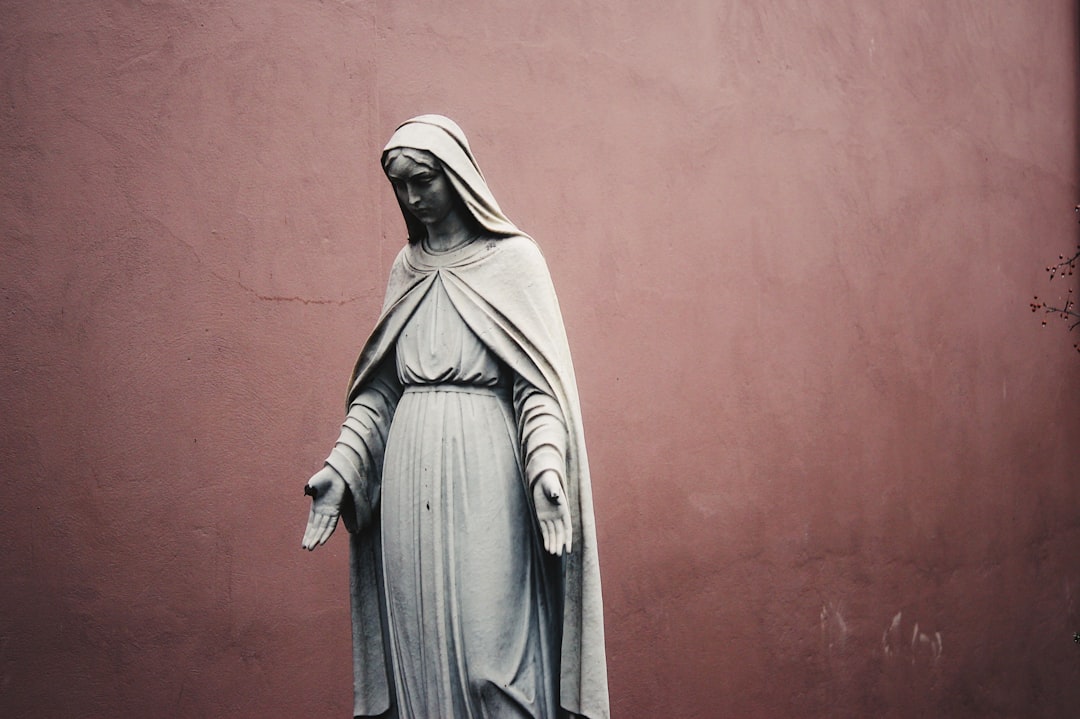[Disclaimer] This article is reconstructed based on information from external sources. Please verify the original source before referring to this content.
Neeews Summary
The following content was published online. A translated summary is presented below. See the source for details.
The news of Pope Francis’ death marks the end of a transformative era for the Catholic Church. As the 266th pope, Francis sought to modernize the Church and make it more responsive to the needs of the 21st century. His papacy was characterized by a focus on social justice, environmental protection, and outreach to marginalized communities, a significant departure from the more traditional, conservative approach of his predecessors.
The passing of such a prominent and influential figure will undoubtedly prompt a period of reflection and debate within the Church as it determines the direction it will take under new leadership. The selection of the next pope will be a critical moment that will shape the Church’s policies, priorities, and influence on global issues in the years to come.
“Pope Francis was a transformative figure who sought to modernize the Catholic Church and make it more inclusive and responsive to the needs of the 21st century,” said Dr. Maria Cimperman, a professor of theology at the University of Notre Dame. “His emphasis on social justice, environmental stewardship, and outreach to marginalized groups was a significant departure from the more traditional, conservative approach of his predecessors. His death will undoubtedly prompt a period of reflection and debate within the Church as it determines the direction it will take under new leadership.”
The news of Pope Francis’ passing comes amidst a series of significant events in the Catholic Church and global religious landscape, including clerical sexual abuse scandals, the impact of the COVID-19 pandemic on religious gatherings, and the ongoing challenges of secularization and declining church attendance in many parts of the world. The selection of a new pope will be closely watched as it may signal the Church’s response to these pressing concerns.
Source: Wikinews-it
Our Commentary
Background and Context
Pope Francis, born Jorge Mario Bergoglio, was the 266th pope of the Catholic Church, serving since 2013. His papacy was marked by a focus on social justice, environmental protection, and outreach to marginalized communities, which represented a significant departure from the more traditional, conservative approach of his predecessors. As the leader of the world’s largest Christian denomination, his passing represents a significant moment in the history of the Catholic Church and global religious affairs.
Expert Analysis
Dr. Maria Cimperman, a professor of theology at the University of Notre Dame, stated that “Pope Francis was a transformative figure who sought to modernize the Catholic Church and make it more inclusive and responsive to the needs of the 21st century.” She noted that his “emphasis on social justice, environmental stewardship, and outreach to marginalized groups was a significant departure from the more traditional, conservative approach of his predecessors.” Cimperman also highlighted that his death “will undoubtedly prompt a period of reflection and debate within the Church as it determines the direction it will take under new leadership.”
Additional Data and Fact Reinforcement
The Catholic Church, with over 1.3 billion adherents, is the world’s largest Christian denomination. The selection of a new pope will be a critical moment that will shape the Church’s policies, priorities, and influence on global issues in the years to come. This transition will likely have far-reaching implications for the Church’s approach to pressing concerns, such as clerical sexual abuse scandals, the impact of the COVID-19 pandemic on religious gatherings, and the ongoing challenges of secularization and declining church attendance in many parts of the world.
Related News
The news of Pope Francis’ passing comes amidst a series of significant events in the Catholic Church and global religious landscape. In recent years, the Church has grappled with issues such as clerical sexual abuse scandals, the COVID-19 pandemic’s impact on religious gatherings, and the ongoing challenges of secularization and declining church attendance in many parts of the world. The selection of a new pope will be closely watched as it may signal the Church’s response to these pressing concerns.
Summary
The death of Pope Francis marks the end of a transformative era for the Catholic Church. As a leader who sought to modernize the Church and make it more responsive to the needs of the modern world, his passing will undoubtedly prompt a period of reflection and debate within the Church as it determines the direction it will take under new leadership. The selection of the next pope will be a critical moment that will shape the Church’s policies, priorities, and influence on global issues in the years to come, potentially signaling the Church’s approach to pressing concerns such as clerical sexual abuse, the impact of the pandemic, and the challenges of secularization. Experts anticipate that this transition will have far-reaching implications for the Catholic Church and its role in the global religious landscape.


